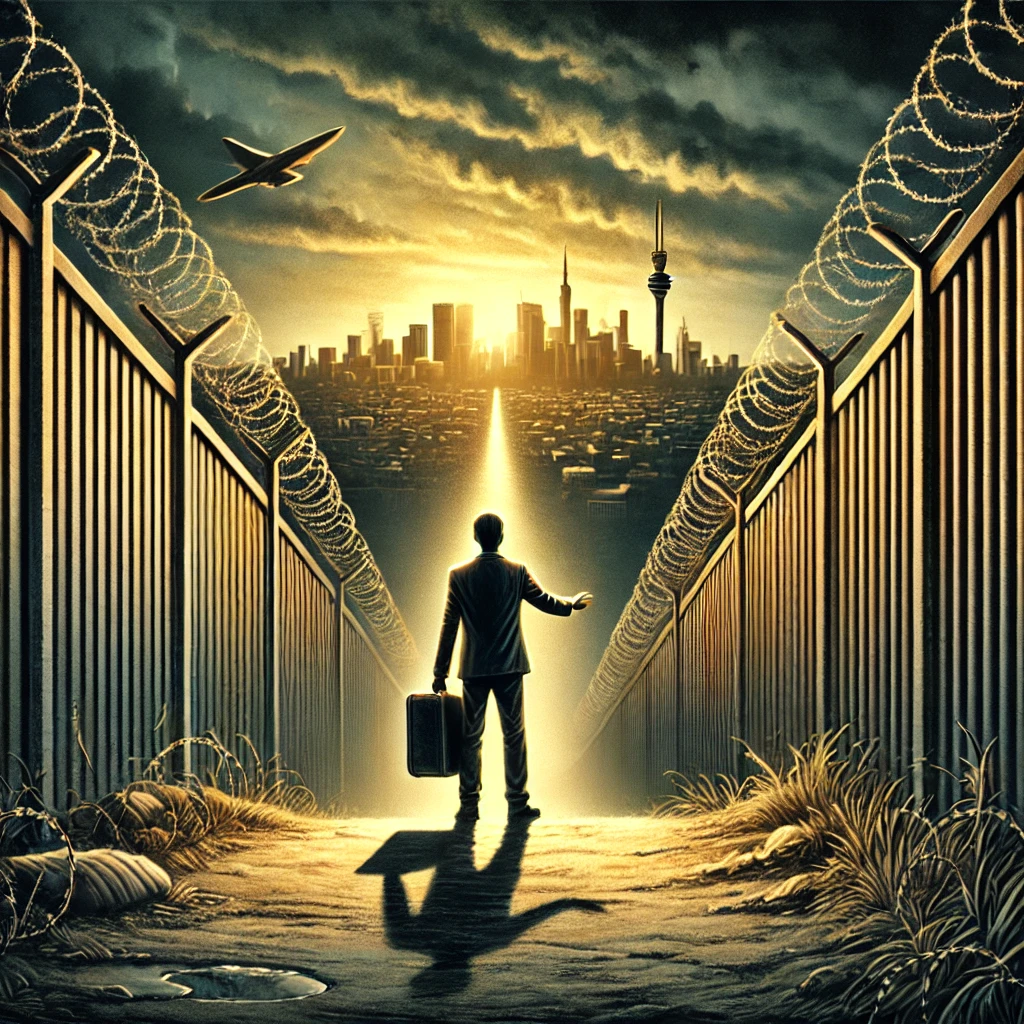Political asylum is a critical mechanism under international law that offers protection to individuals who face persecution in their home countries. The ongoing civil crisis in Bangladesh has prompted significant numbers of Hindus to seek refuge in India. This situation raises important questions about the application of international asylum laws, the obligations of states, and the protection of vulnerable populations. An assylum seeker is someone who is seeking International Protection. India is having majority of Hindu Population in the World.
Political Asylum: A Brief Overview
Political asylum is a form of protection granted by a state to foreign nationals who have fled their country due to persecution or a well-founded fear of persecution based on race, religion, nationality, membership in a particular social group, or political opinion. The legal foundation for asylum is primarily derived from the 1951 Refugee Convention and its 1967 Protocol, which outline the rights of asylum seekers and the responsibilities of states.
A Right to seek asylum under Refugee Convention 1951 provides seeking asylum is a human right and every person in the world has the right to apply for assylum.
Provisions of International Law:
- 1951 Refugee Convention and the 1967 Protocol:
The cornerstone of international refugee law, the 1951 Refugee Convention defines who qualifies as a refugee and outlines the rights of individuals granted asylum, as well as the legal obligations of states to protect them. The Convention prohibits the refoulement (forced return) of refugees to a country where they face serious threats to their life or freedom (Article 33). - Universal Declaration of Human Rights (UDHR), 1948: Article 14(1) of the UDHR asserts that everyone has the right to seek and enjoy asylum from persecution in other countries. Although not legally binding, the UDHR is considered customary international law and serves as a guiding principle for states.
The Case of Hindus Fleeing Bangladesh
The Hindu minority in Bangladesh has been a target of increasing violence and persecution during the ongoing civil unrest. Reports of attacks on Hindu temples, homes, and individuals highlight the dire situation facing this community. Fearing for their lives, many Hindus have fled to India, seeking protection and asylum.
India is not a signatory to the 1951 Refugee Convention, it has historically provided refuge to those fleeing persecution, including Tibetans, Sri Lankan Tamils, and more recently, Rohingya Muslims. However, the current crisis raises complex legal and political challenges.
Procedure for Seeking Asylum in India
India does not have its Refugee law but it allows asylum seekers to remian in Although India does not have a formal refugee law, it has allowed asylum seekers to remain within its borders under the protection of the United Nations High Commissioner for Refugees (UNHCR). The procedure typically involves:
1. Registration with UNHCR: Asylum seekers must register with the UNHCR, which conducts interviews to determine refugee status. This process involves a thorough assessment of the applicant’s claim, including the credibility of their fear of persecution.
2. Protection and Assistance:Once recognized as refugees, individuals are entitled to protection from refoulement and may receive assistance in terms of housing, education, and healthcare. However, the lack of a formal legal framework in India often results in refugees living in a state of legal limbo, with limited rights and protections.
In cases where asylum seekers face deportation or other legal challenges, they may seek judicial review from Indian courts. The judiciary in India has historically upheld the principle of non- refoulement, though this is not codified in Indian law.
NHRC v. State of Arunachal Pradesh (1996):
The case concerned the Chakma and Hajong refugees from Bangladesh. The Supreme Court of India ruled that refugees in India have the right to live with dignity, even though they are not formally recognized under Indian law, reaffirming the country’s commitment to protect vulnerable populations.
S. N. Singh v. Ministry of External Affairs (2014):
In this case, the Supreme Court reiterated the principle of non-refoulement, emphasizing that refugees should not be deported without a proper assessment of the risk they face in their home country.
The plight of Hindus fleeing the civil crisis in Bangladesh underscores the importance of political asylum as a vital safeguard under international law. While India has a history of offering refuge, the absence of a formal legal framework presents significant challenges. It is imperative that India, along with the international community, takes concrete steps to protect the rights of asylum seekers, reaffirming the principles of human rights and humanitarian law. The protection of vulnerable minorities is not just a legal obligation but a moral imperative in the face of escalating global crises.
Written By: Ashutosh Gupta
LLB PGD Criminal Justice M.A(Economics) M.A(History)
